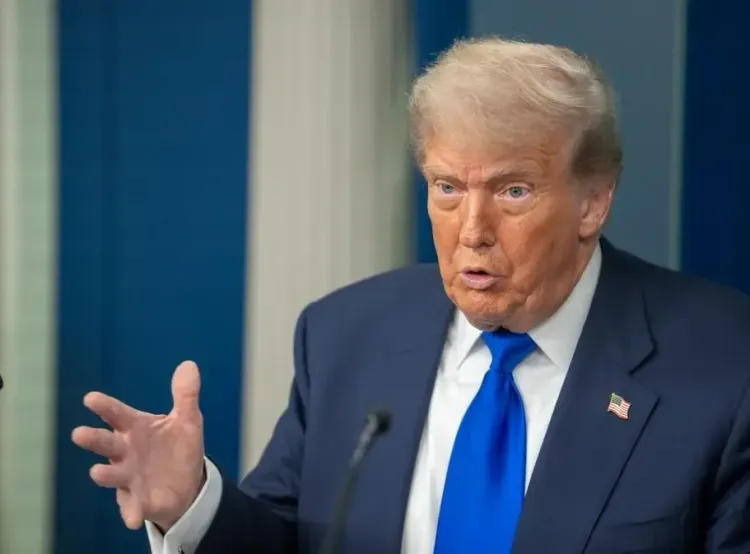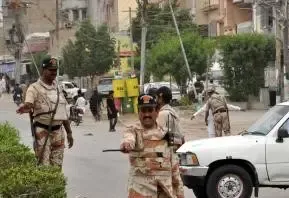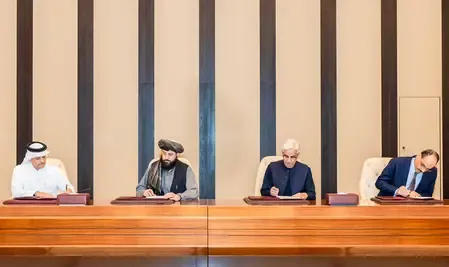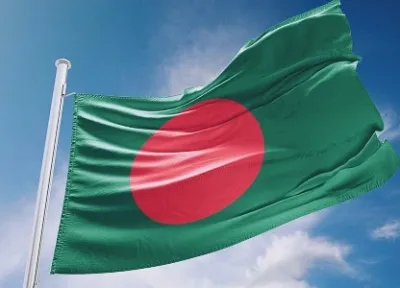Why Did Trump Announce a US Boycott of the G20 Summit in South Africa?

Synopsis
Key Takeaways
- Trump's announcement marks a significant diplomatic boycott.
- Allegations of human rights abuses in South Africa are central to the U.S. stance.
- The G20 summit will proceed without U.S. officials.
- Global leaders will still gather to address economic challenges.
- South Africa's presidency of the G20 continues amidst U.S. criticism.
Washington, Nov 8 (NationPress) US President Donald Trump declared that no officials from the United States government will participate in this year's Group of 20 (G20) summit in South Africa, citing the host nation's alleged mistreatment of its minority white farmers.
“Holding the G20 in South Africa is a complete disgrace,” Trump stated on his social media platform, asserting that the South African government has permitted “abuses” against Afrikaners, which include violence, killings, and land confiscation.
“Afrikaners (descendants of Dutch settlers along with French and German immigrants) are facing killings and their lands are being taken unlawfully. There will be no attendance from U.S. officials as long as these Human Rights violations persist. I am eager to host the 2026 G20 in Miami, Florida!” he continued.
Previously, Trump had indicated he would not personally attend the summit, which gathers leaders from the world's major and emerging economies.
This decision marks an unusual diplomatic boycott of a significant global event by the United States, highlighting the Trump administration's increasingly antagonistic approach towards South Africa.
The South African government has consistently dismissed U.S. claims of discrimination, asserting that white South Africans enjoy better living standards compared to the Black majority, decades after apartheid's end. President Cyril Ramaphosa has previously informed Trump that allegations of widespread persecution of white farmers are “completely false.”
Trump's recent remarks follow comments made earlier this week at an economic gathering in Miami, where he suggested South Africa “should be expelled from the G20.” “South Africa does not deserve a place in the Gs anymore, due to the current situation,” he remarked. “I refuse to represent our nation there. It doesn’t belong there.”
Earlier this year, U.S. Secretary of State Marco Rubio boycotted a G20 foreign ministers’ meeting, criticizing the forum's focus on diversity, inclusion, and climate change.
Presently, South Africa holds the rotating presidency of the G20, with the United States set to take over next year.
The summit is scheduled to take place in Johannesburg, South Africa, from November 22–23. Despite the absence of U.S. representatives, the summit is anticipated to proceed as planned, with leaders concentrating on global economic growth, energy transition, and development cooperation.









